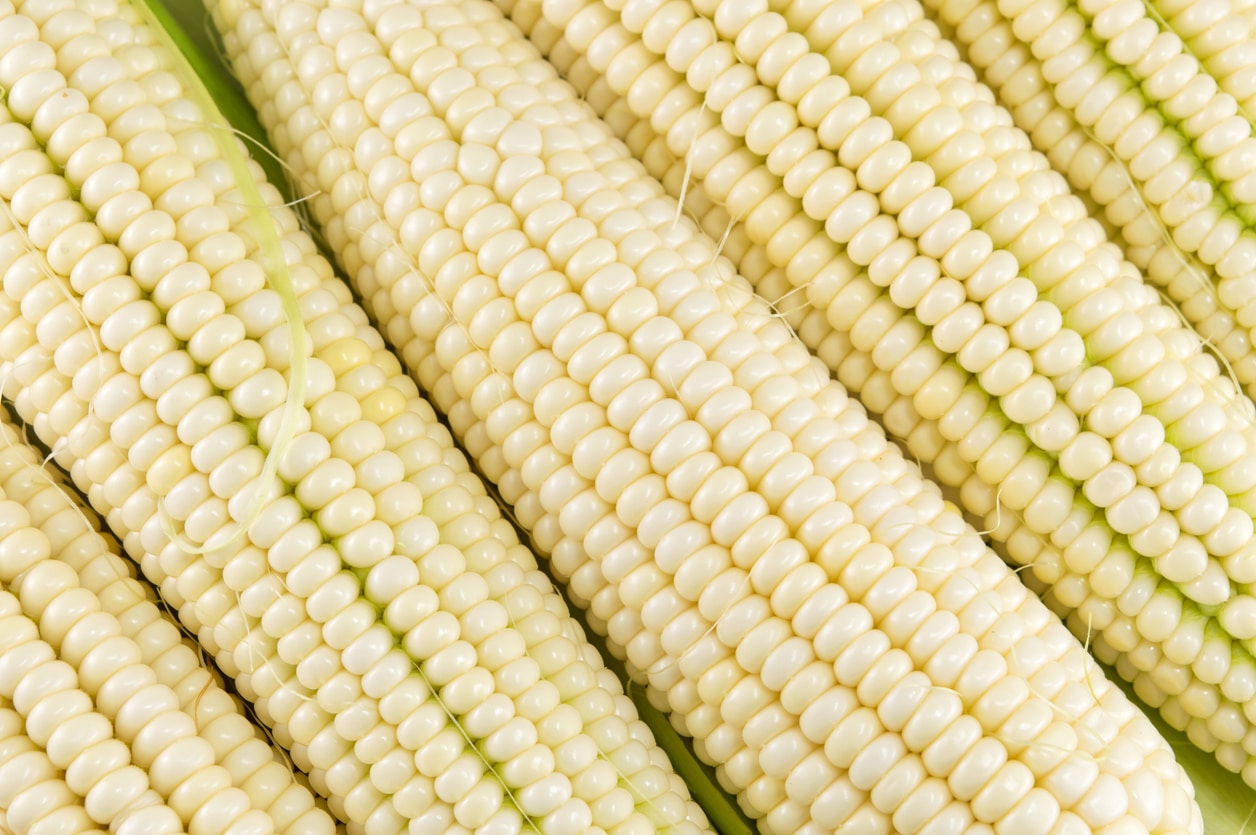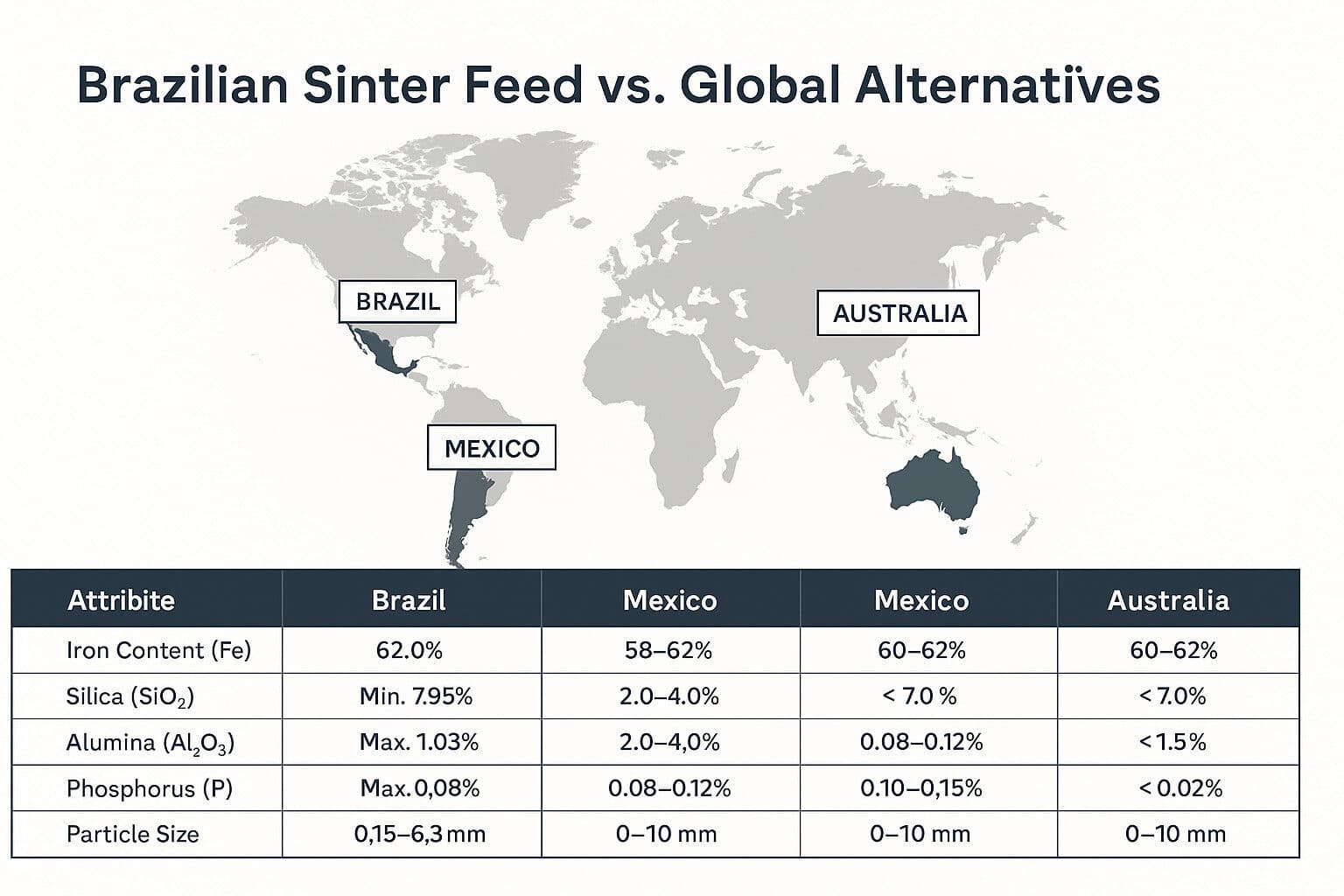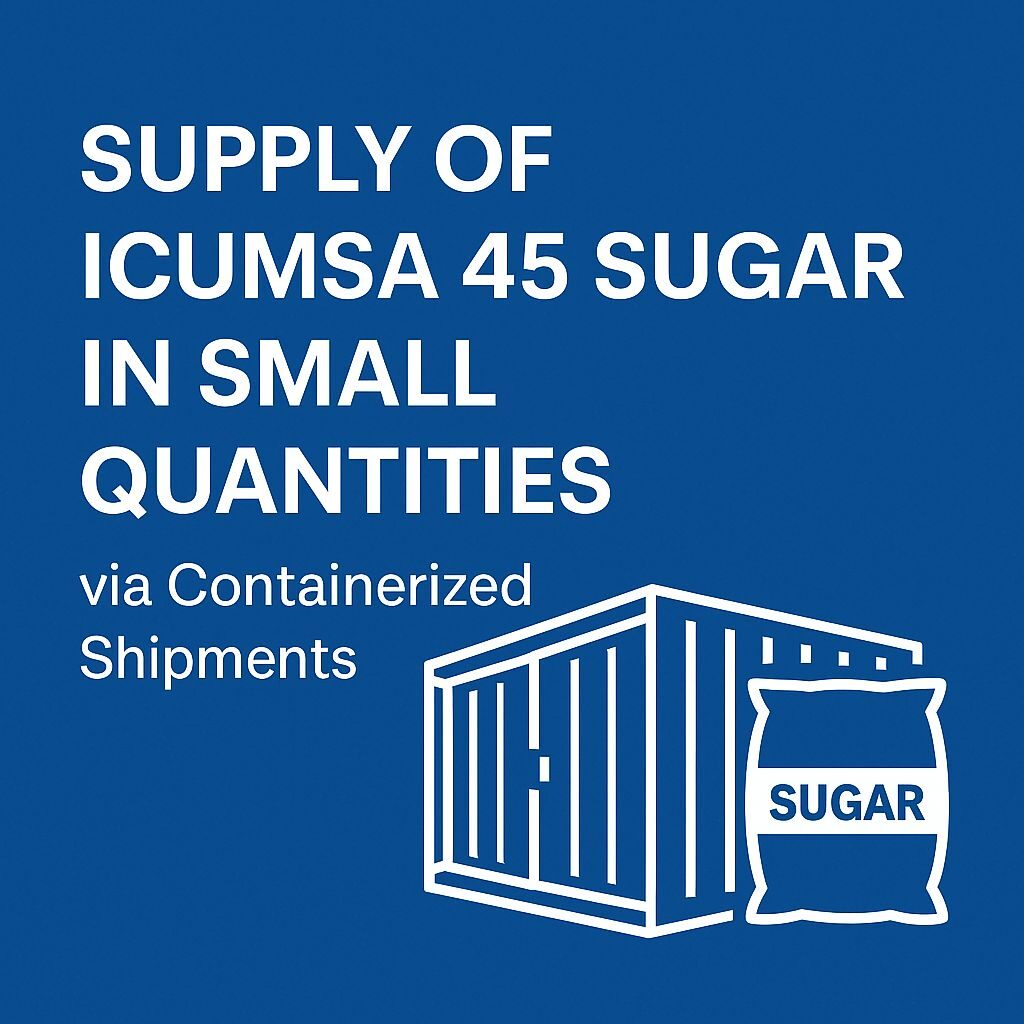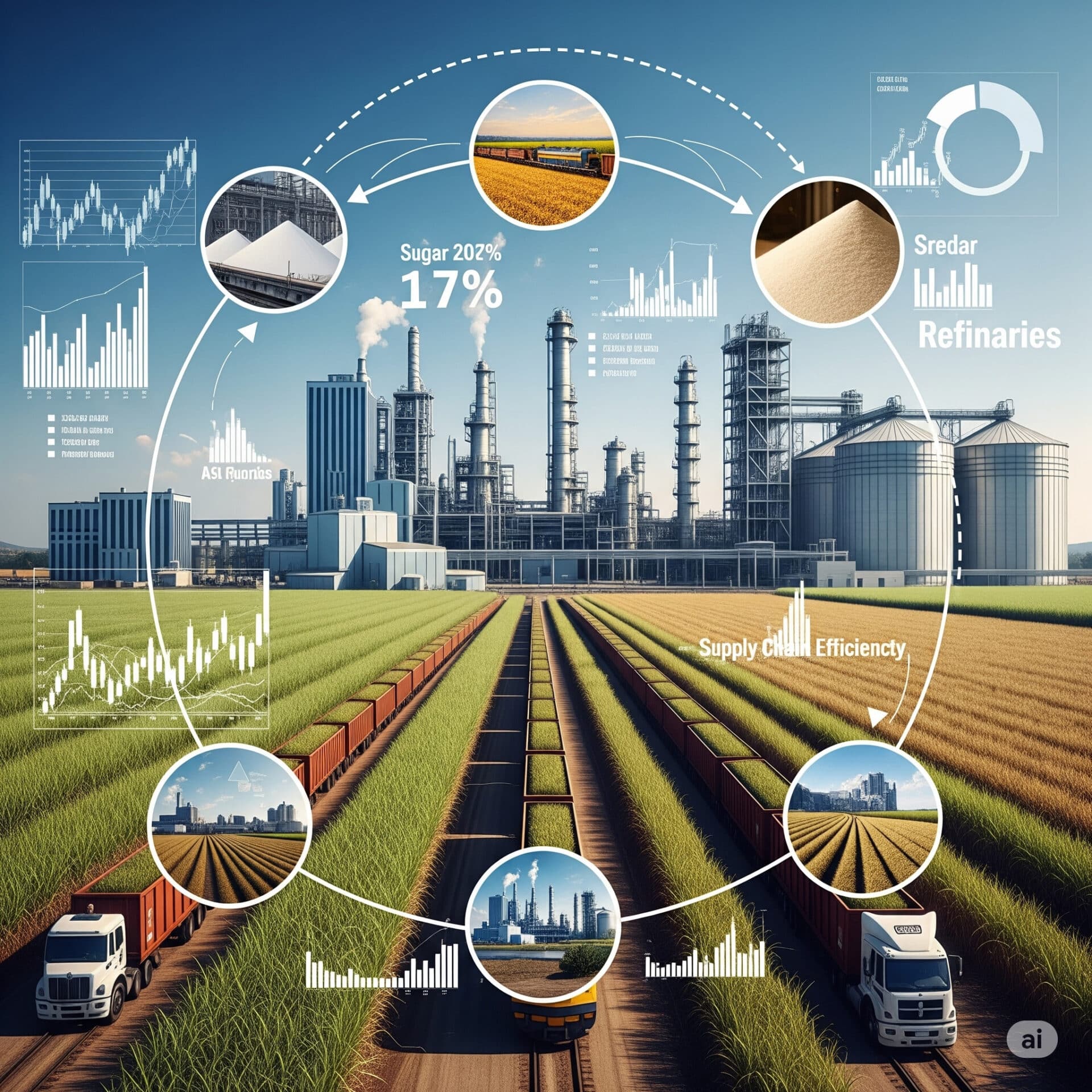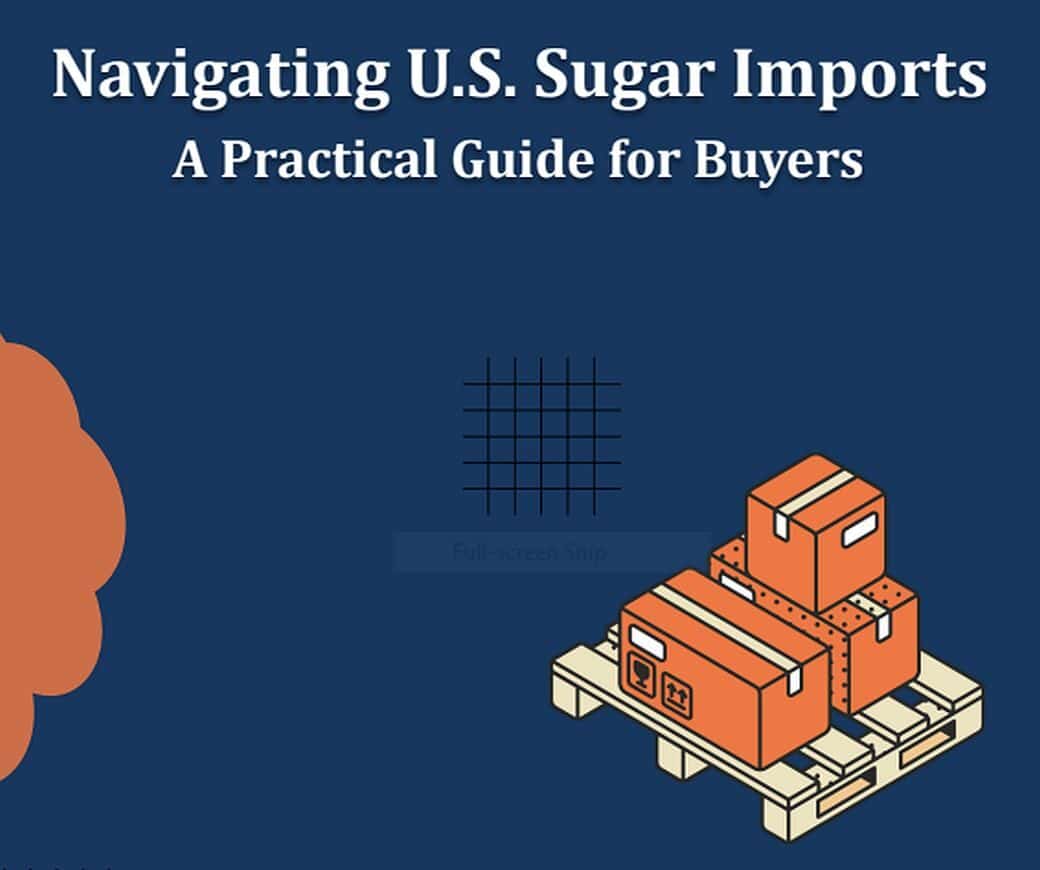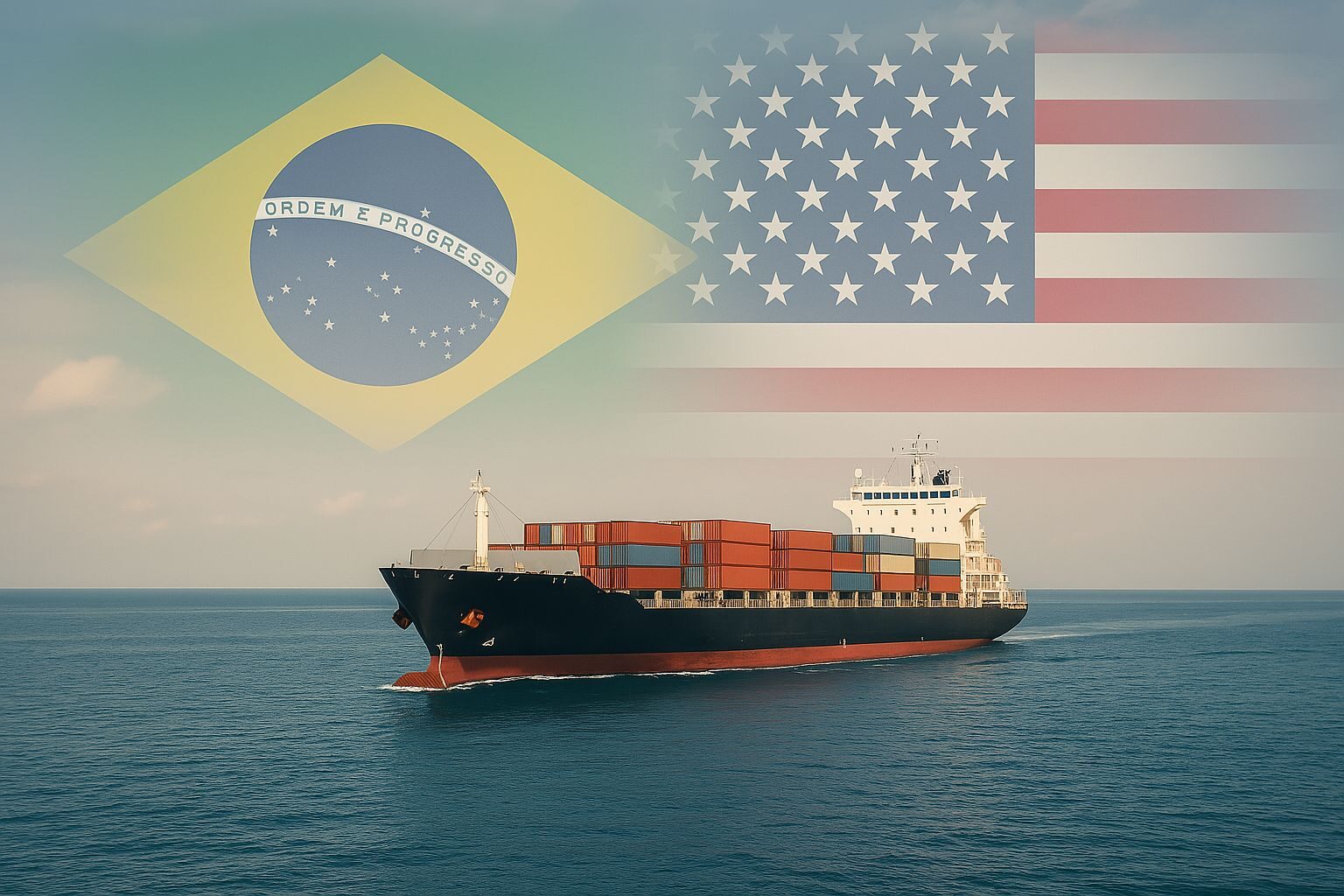South Africa: Your Premier Non-GMO White Maize Hub in 2024
As we navigate the global agricultural landscape in 2024, South Africa continues to cement its position as the world’s premier hub for high-quality non-GMO white maize.
This comprehensive guide explores why South Africa stands out in this niche market, offering a unique blend of favorable agricultural conditions, stringent quality standards, and competitive pricing that appeals to businesses and consumers worldwide.
Favorable Agricultural Conditions
Climate and Soil Quality
South Africa’s diverse climate, ranging from Mediterranean in the Western Cape to subtropical in KwaZulu-Natal, creates ideal conditions for maize cultivation. The country’s maize belt, primarily located in the Free State, North West, and Mpumalanga provinces, boasts rich, well-drained soils perfect for growing non-GMO white maize.
Recent climate data from the South African Weather Service (2023) indicates that despite challenges posed by climate change, these regions have maintained relatively stable rainfall patterns, crucial for maize production. The average annual rainfall in the maize belt ranges from 500mm to 750mm, providing sufficient water for rain-fed agriculture.
Advanced Farming Techniques
South African farmers are at the forefront of agricultural innovation. In 2023, the adoption of precision agriculture techniques increased by 15% compared to the previous year, according to the South African Agricultural Research Council (ARC). This includes the use of:
– GPS-guided machinery for precise planting and harvesting
– Drone technology for crop monitoring and targeted pest management
– Soil sensors for optimized irrigation and fertilization
These advanced techniques have contributed to a 7% increase in non-GMO white maize yields in the 2023/2024 growing season compared to the previous year.
Government Support for Agriculture
The South African government continues to play a crucial role in supporting the agricultural sector. In the 2023/2024 fiscal year, the Department of Agriculture, Land Reform and Rural Development (DALRRD) allocated R17.3 billion (approximately $910 million USD) to agricultural development and support programs. Key initiatives include:
– The Agricultural Research Council (ARC) received R1.4 billion for research and development in crop improvement and sustainable farming practices.
– The Land Bank was recapitalized with R7 billion to provide affordable financing to farmers, with a specific focus on supporting non-GMO crop production.
– The implementation of the Agriculture and Agro-processing Master Plan (AAMP), aimed at boosting agricultural productivity and exports.
Strict Quality Standards
Regulatory Framework
South Africa maintains a robust regulatory framework governing non-GMO crop production. The Genetically Modified Organisms Act of 1997, last amended in 2023, ensures strict monitoring and regulation of non-GMO crops. Key updates in 2023 include:
– Enhanced traceability requirements for non-GMO crops throughout the supply chain
– Increased penalties for non-compliance with non-GMO regulations
– Implementation of a national database for tracking non-GMO crop production and distribution
Quality Control Measures
Quality control remains a top priority for South African maize producers. The South African Grain Laboratory (SAGL) reported in its 2023/2024 Maize Crop Quality Report that:
– 98.7% of non-GMO white maize samples met or exceeded international quality standards
– Aflatoxin levels were well below the maximum limits set by major importing countries
– Protein content averaged 8.9%, slightly higher than the previous season due to improved cultivation practices
Certification Processes
South Africa’s certification processes for non-GMO white maize have become even more rigorous. In 2023, the South African National Accreditation System (SANAS) introduced new guidelines for non-GMO certification bodies, including:
– Mandatory annual audits of certified producers
– Increased frequency of random sampling and testing
– Implementation of blockchain technology for enhanced traceability
These measures have further strengthened the credibility of South African non-GMO white maize in the global market.
Nutritional Benefits of Non-GMO White Maize
Health Advantages
Recent nutritional studies conducted by the University of Pretoria (2023) have shed new light on the health benefits of non-GMO white maize:
– High in resistant starch, which acts as a prebiotic, promoting gut health
– Contains higher levels of antioxidants compared to GMO varieties
– Rich in essential amino acids, particularly leucine and isoleucine
Comparison with GMO Maize
A comprehensive study by the Council for Scientific and Industrial Research (CSIR) in 2023 compared non-GMO white maize to its GMO counterparts:
– Non-GMO varieties showed 15% higher levels of certain beneficial phytochemicals
– GMO varieties demonstrated higher yields but required more pesticide applications
– Non-GMO maize exhibited better adaptability to local environmental conditions
Dietary Applications
The versatility of South African non-GMO white maize continues to expand. In 2023, exports of value-added non-GMO white maize products increased by 12%, driven by:
– Growing demand for gluten-free alternatives in Western markets
– Increased use in health foods and supplements
– Rising popularity of traditional African cuisine in global markets
Competitive Pricing and Market Opportunities
Cost-Effectiveness
Despite global inflationary pressures, South African non-GMO white maize remains competitively priced. The South African Grain Information Service (SAGIS) reported that in the 2023/2024 marketing year:
– The average export price for non-GMO white maize was $280 per metric ton, 5% lower than major competitors
– Production costs remained stable due to efficiency gains in farming practices
– The weak Rand (ZAR) against major currencies provided an additional price advantage for exporters
Market Demand
Global demand for non-GMO products continues to rise. A 2023 report by Mordor Intelligence projected the global non-GMO food market to grow at a CAGR of 16.5% between 2024 and 2029. South Africa is well-positioned to capitalize on this trend, with non-GMO white maize exports increasing by 18% in 2023 compared to the previous year.
Export Opportunities
South Africa’s strategic location and well-developed infrastructure continue to facilitate maize exports. In 2023, the country’s main export destinations for non-GMO white maize included:
1. Zimbabwe (22% of total exports)
2. Kenya (18%)
3. Japan (15%)
4. South Korea (12%)
5. European Union countries (10%)
The recent completion of the Durban port expansion project in 2023 has increased grain handling capacity by 30%, further enhancing export capabilities.
Long-Term Partnerships and Business Opportunities
Building Relationships
The South African Grain Farmers Association (SAGFA) launched a new initiative in 2023 to foster long-term partnerships between local producers and international buyers. Key features include:
– Annual networking events in major importing countries
– A digital platform for direct farmer-buyer communication
– Collaborative research programs with international agricultural institutions
Investment Opportunities
Foreign direct investment (FDI) in South Africa’s agricultural sector reached $450 million in 2023, a 25% increase from the previous year. Promising areas for investment include:
– Agro-processing facilities for value-added non-GMO maize products
– Agricultural technology startups focusing on sustainable farming practices
– Cold chain and logistics infrastructure to support maize exports
Future Prospects
The future of South Africa’s non-GMO white maize industry looks bright. Projections from the Bureau for Food and Agricultural Policy (BFAP) suggest:
– Non-GMO white maize production is expected to increase by 20% over the next five years
– Export volumes are projected to grow at an annual rate of 8-10% through 2028
– Domestic consumption of non-GMO white maize products is forecasted to rise by 5% annually
As we progress through 2024, South Africa continues to solidify its position as the world’s premier hub for non-GMO white maize. With its favorable agricultural conditions, stringent quality standards, and competitive pricing, South Africa offers unparalleled advantages to businesses and consumers in the global non-GMO market. As the demand for natural, high-quality food products grows, South African non-GMO white maize stands poised to meet this need, offering a sustainable, nutritious, and economically viable option for the world’s food supply.
FAQs
1. What are the main benefits of non-GMO white maize?
Non-GMO white maize offers numerous health benefits, including being a rich source of resistant starch, antioxidants, and essential amino acids. It’s also preferred for its natural genetic makeup and lower pesticide requirements.
2. How does South Africa ensure the quality of its non-GMO white maize?
South Africa employs a multi-faceted approach, including strict regulatory frameworks, rigorous quality control measures by entities like SAGL, and enhanced certification processes overseen by SANAS.
3. What are the key agricultural regions in South Africa for white maize production?
The main white maize-producing regions in South Africa are the Free State, North West, and Mpumalanga provinces, collectively known as the maize belt.
4. How does the pricing of South African non-GMO white maize compare to other countries?
As of 2023/2024, South African non-GMO white maize is priced competitively, averaging about 5% lower than major competitors, partly due to efficient production methods and favorable exchange rates.
5. What are the main export markets for South African non-GMO white maize?
The top export destinations as of 2023 include Zimbabwe, Kenya, Japan, South Korea, and countries within the European Union.
6. How has climate change affected non-GMO white maize production in South Africa?
While climate change poses challenges, South African farmers have adapted with advanced farming techniques and drought-resistant varieties. The maize belt has maintained relatively stable rainfall patterns crucial for production.
7. What recent technological advancements have improved non-GMO white maize farming in South Africa?
Recent advancements include the increased use of precision agriculture, drone technology for crop monitoring, and soil sensors for optimized irrigation and fertilization.
8. How does the South African government support non-GMO white maize production?
The government provides support through research funding via the ARC, financial assistance through the Land Bank, and implementation of agricultural development plans like the AAMP.
9. What are the projected growth trends for South Africa’s non-GMO white maize industry?
Industry projections indicate a 20% increase in production over the next five years, with export volumes expected to grow at an annual rate of 8-10% through 2028.
10. How does South African non-GMO white maize contribute to global food security?
South African non-GMO white maize plays a crucial role in global food security by providing a sustainable, nutritious, and affordable staple food option, particularly important for countries in Africa and Asia.
Attention Maize Buyers!
Are you in need of a reliable and affordable source of high-quality maize? Look no further than our direct-to-silo offering in Harrismith, South Africa.
We currently have 100,000 metric tons of maize available ex-works from the Harrismith silos at just $330 per metric ton. This is an unbeatable price for such a large volume of premium South African maize.
Don’t miss out on this opportunity – contact us today to secure your supply. Our team can also assist with all your transportation needs to get the maize delivered straight to your door.
Take advantage of this limited-time offer and get in touch now. Let’s discuss how we can meet your maize requirements and streamline your supply chain.

